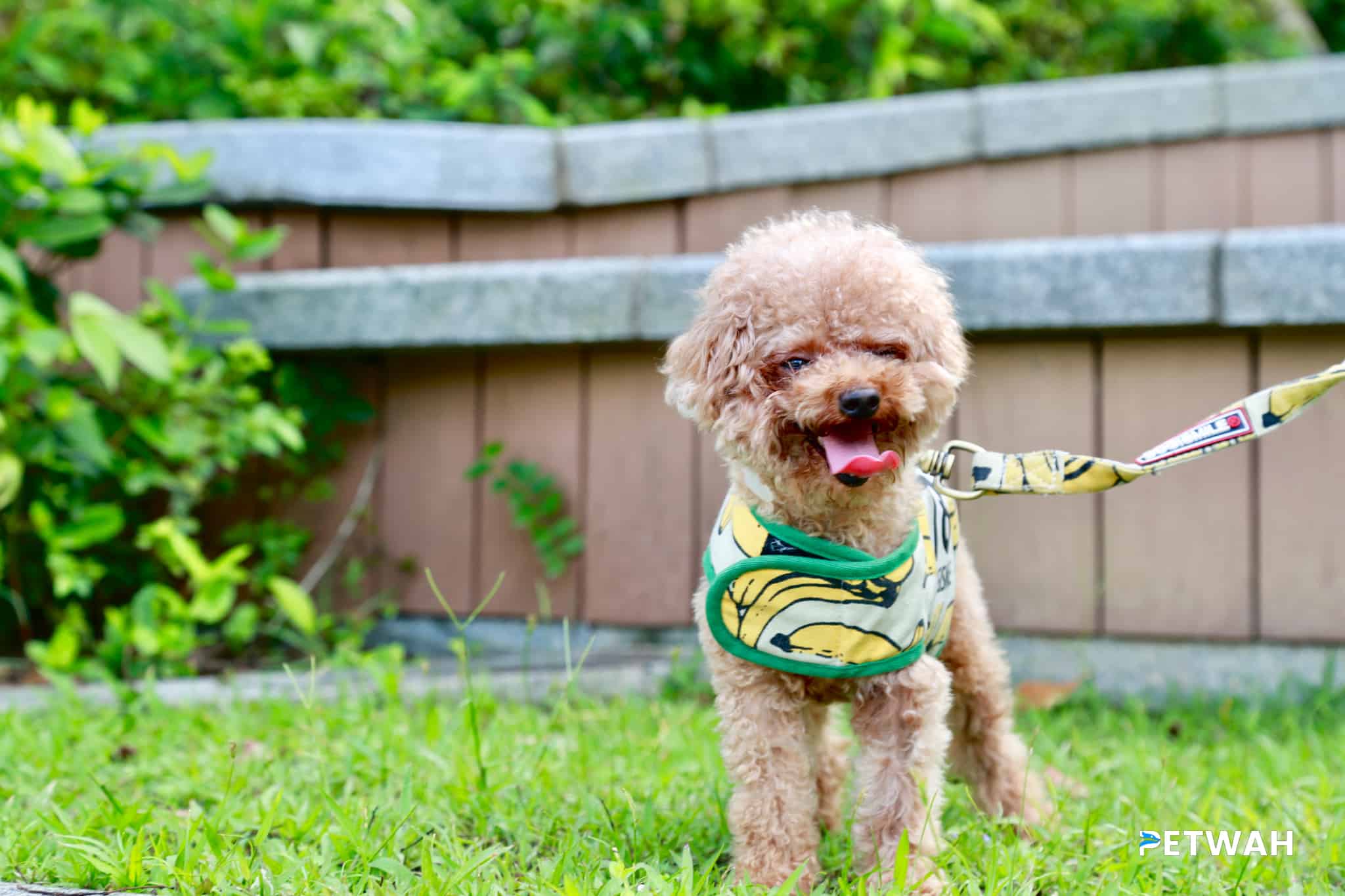German Shepherds are a popular dog breed known for their intelligence, loyalty, and strength. They are widely used in law enforcement and military roles, as well as in households as family pets. However, like any breed, German Shepherds can experience health issues that can affect their quality of life. One such issue is urinary incontinence, which is a condition where a dog loses control over their bladder and unintentionally leaks urine. In this blog post, we’ll explore the truth about whether German Shepherds can suffer from urinary incontinence and what you can do if your furry friend is experiencing this issue. So, let’s unleash the truth!
Unleashing the Truth: Do German Shepherds Experience Urinary Incontinence?
German Shepherds are one of the most beloved breeds in the world. Known for their intelligence, loyalty, and courage, German Shepherds make excellent pets and working dogs. However, like all breeds, German Shepherds are prone to certain health issues, including urinary incontinence. In this post, we will explore the causes of urinary incontinence in German Shepherds, as well as how to manage and treat this condition.
What is Urinary Incontinence?
Urinary incontinence is a medical condition in which a dog is unable to control their bladder. This can result in involuntary urination, which can be distressing for both the dog and the owner. Urinary incontinence can affect dogs of all breeds and ages, but it is more common in older dogs and females who have been spayed.
What are the Causes of Urinary Incontinence in German Shepherds?
There are several causes of urinary incontinence in German Shepherds. These include:
1. Weak Bladder Muscles
One of the most common causes of urinary incontinence in German Shepherds is weak bladder muscles. This can be caused by a variety of factors, including aging, hormonal imbalances, and certain medications.
2. Urinary Tract Infections
Urinary tract infections (UTIs) can also cause urinary incontinence in German Shepherds. UTIs are caused by bacterial infections in the urinary tract, and they can cause a variety of symptoms, including frequent urination, painful urination, and incontinence.
3. Spaying
Female German Shepherds who have been spayed are more likely to experience urinary incontinence than those who have not. This is because spaying can cause a decrease in estrogen, which can weaken the bladder muscles.
4. Neurological Disorders
.jpg)
Neurological disorders, such as spinal cord injuries or degenerative myelopathy, can also cause urinary incontinence in German Shepherds. These disorders can affect the nerves that control the bladder, leading to incontinence.
How is Urinary Incontinence in German Shepherds Treated?
The treatment for urinary incontinence in German Shepherds will depend on the underlying cause of the condition. Some common treatment options include:
1. Medications
Medications, such as phenylpropanolamine and estrogen supplements, can be used to treat urinary incontinence in German Shepherds. These medications work by strengthening the bladder muscles and reducing the frequency of involuntary urination.
2. Surgery
In some cases, surgery may be necessary to treat urinary incontinence in German Shepherds. This is usually only recommended in severe cases where other treatments have been unsuccessful.
3. Dietary Changes
Making dietary changes, such as increasing water intake and feeding a high-quality, balanced diet, can also help manage urinary incontinence in German Shepherds.
4. Behavioral Modifications
Behavioral modifications, such as taking your dog out for more frequent bathroom breaks and using training pads, can also help manage urinary incontinence in German Shepherds.
Conclusion
Urinary incontinence can be a distressing condition for both dogs and their owners. However, with proper treatment and management, it is possible to improve your German Shepherd’s quality of life. If you suspect that your dog is experiencing urinary incontinence, it is important to consult with your veterinarian to determine the underlying cause and develop an appropriate treatment plan. Remember, early intervention is key to successfully managing urinary incontinence in German Shepherds.
In conclusion, while urinary incontinence is a common problem among older dogs, it can also occur in younger German Shepherds. Although it may seem like a minor issue, it can cause significant discomfort for your furry friend if left untreated. The good news is that with proper diagnosis and treatment, your German Shepherd can live a happy and healthy life without the constant worry of accidents. If you suspect that your German Shepherd is suffering from urinary incontinence, don’t hesitate to seek the help of a veterinarian. Remember, your furry friend relies on you for their well-being, so don’t let them suffer in silence.


.jpg)
%20-%20Copy.jpg)
%20-%20Copy.jpg)
.jpg)
.jpg)
